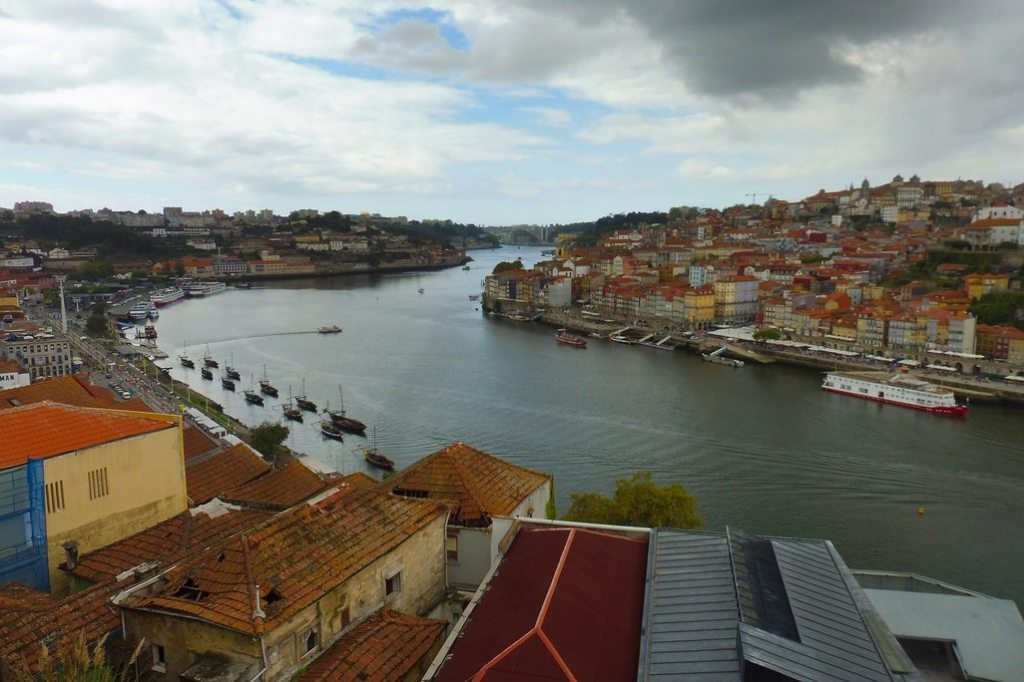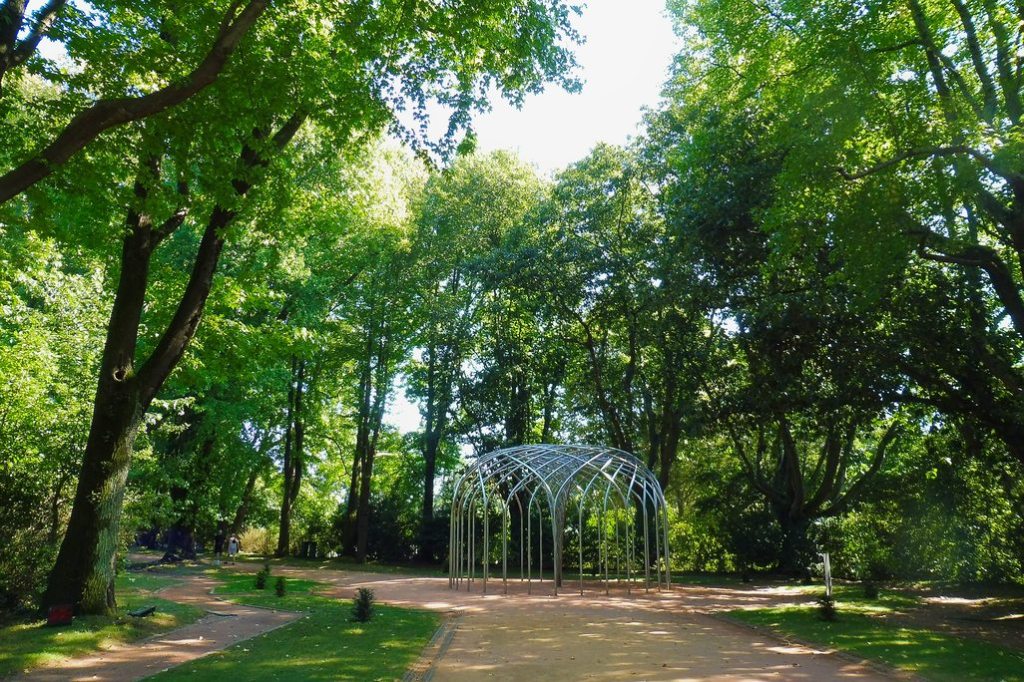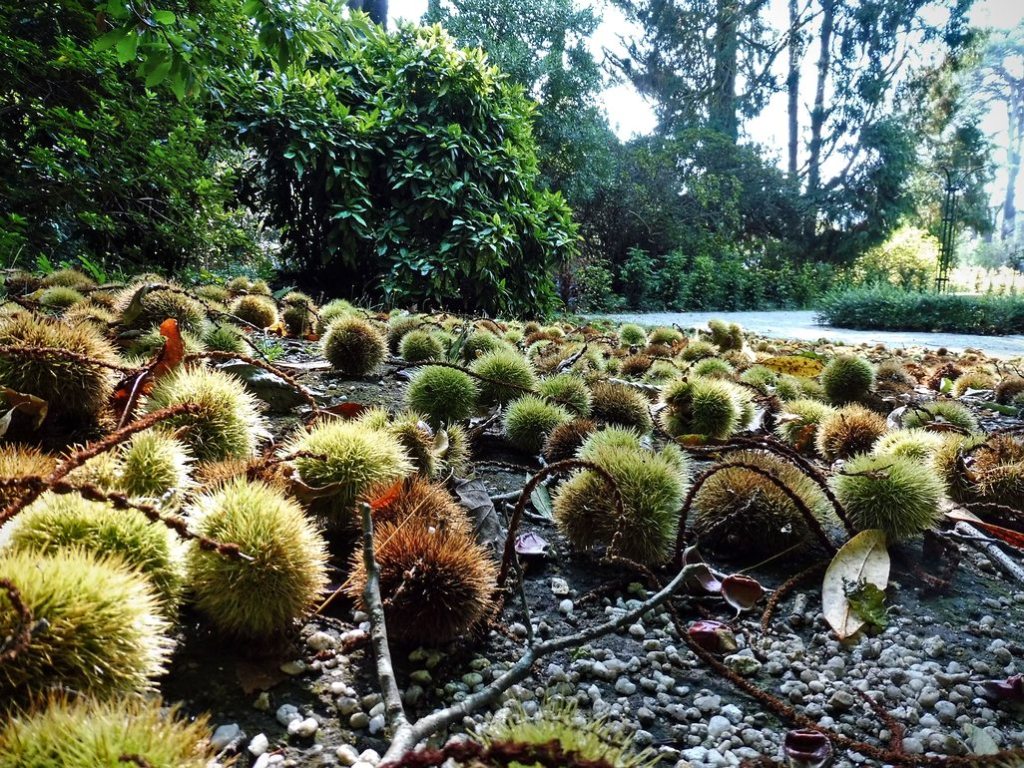Back home from Camino
We’re back home from the Camino: this time the Camino Portugues. It went well, despite mishaps. The principle mishap was getting COVID about 3 days into the walk. Both I and D got it, by turn. It wasn’t so significant – just fever and a cold for about 3 days – but it slowed us down. We mostly rested those days, and took private rooms, of course, rather than dorms, and wore masks everywhere.
So we didn’t complete the planned 200+ kilometers, and did perhaps 160. The walking was the best part. Of the towns, we enjoyed visiting the old cities. Porto’s amazing – and we spent about 3 days there – but overly touristic. Like other famous cities, it suffers badly from its popularity.

As we combined the coastal way with the traditional central route, we enjoyed both the coast and the inland areas. Inland, along the Portuguese and Spanish parts, often actually means wide river estuaries. These have been compared to the fjords of Norway.
In Porto, I was inspired by the museums, as I sometimes am. The National Museum in Porto was mostly closed for renovations, but had an amazing exhibition on Magellan – whose expedition was the first to circumnavigate the world. I had never considered the singularity of his attainments and courage – virtually discovering the Pacific Ocean (which he named) and then successfully navigating across it. His expected trans-Pacific voyage of “3 or 4 days” took 3 months and 20 days. Learning about the expanse of the oceans in comparison with the size of the land areas changed human perception of the planet. Magellan’s voyage was really a leap into the unknown – more so than the voyages of Columbus, a few years earlier. I wonder if the men who sailed in those ships would have done so had they known what the voyage would entail? Of 5 ships and hundreds of men, only 18 made it around the world. The rest died of hunger, disease, in battles with indigenous peoples, or in mutinies. The men of one ship fled home earlier, escaping during the search for a passage through the straits at the bottom of Chile. Magellan himself perished in a battle in the Philippines. It was only a stroke of luck that the ship’s chronicler, an Italian by the name of Antonio Pigafetta, made it home and spread the story.
We also visited the Seralves museum, which is on the outskirts of the city. There were several interesting exhibitions. A common theme, perhaps, was learning to see the world differently. This was true of the filmmakers shown, especially Manoel de Olveira – whose career spanned decades: he began making films in the silent era and continued till close to his death, at the age of 106. In the interviews, it was stated that he didn’t believe in the reality of the world as most of us see it. The same idea – of learning to perceive the world in new ways – was there in all the other exhibitions, including those of Rui Chaves and Maria Antonia Leite Siza. The latter was a young artist of the ’60s who died at the age of 32. The exhibition traces her drawings from the advent of her short career till close to her death. The covers of her bed, in which she enjoys to spend so much time in dreams becomes in the drawings a pupis, through which she rises like a butterfly. Agnès Varda is both a filmmaker and a photographer. In the exhibition is a work on potatoes, in which one sees this earthy vegetable transformed into an object of wonder. The images are shown in a room in which the floor is covered with actual potatoes, so that their fusty odour permeates the space.
I suppose that what art can do for us is to help us change our perception of the world, in this way. The museum is set in a beautiful park; and the park, as well as the architecture, enhances the same purpose.

For example, one of the features is a “treetop walk” that allows us to explore nature in a new way. And, back on ground level, there was a venerable chestnut tree, whose characteristic spiny fruit littered the entire surroundings like objects fallen from space. So the park, which we explored afterwards, helped to transport the inspiration gleaned from the exhibitions, outwards into nature.

